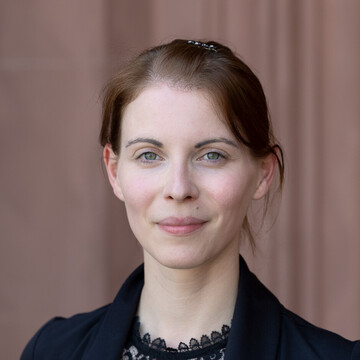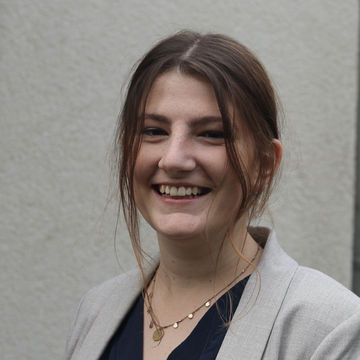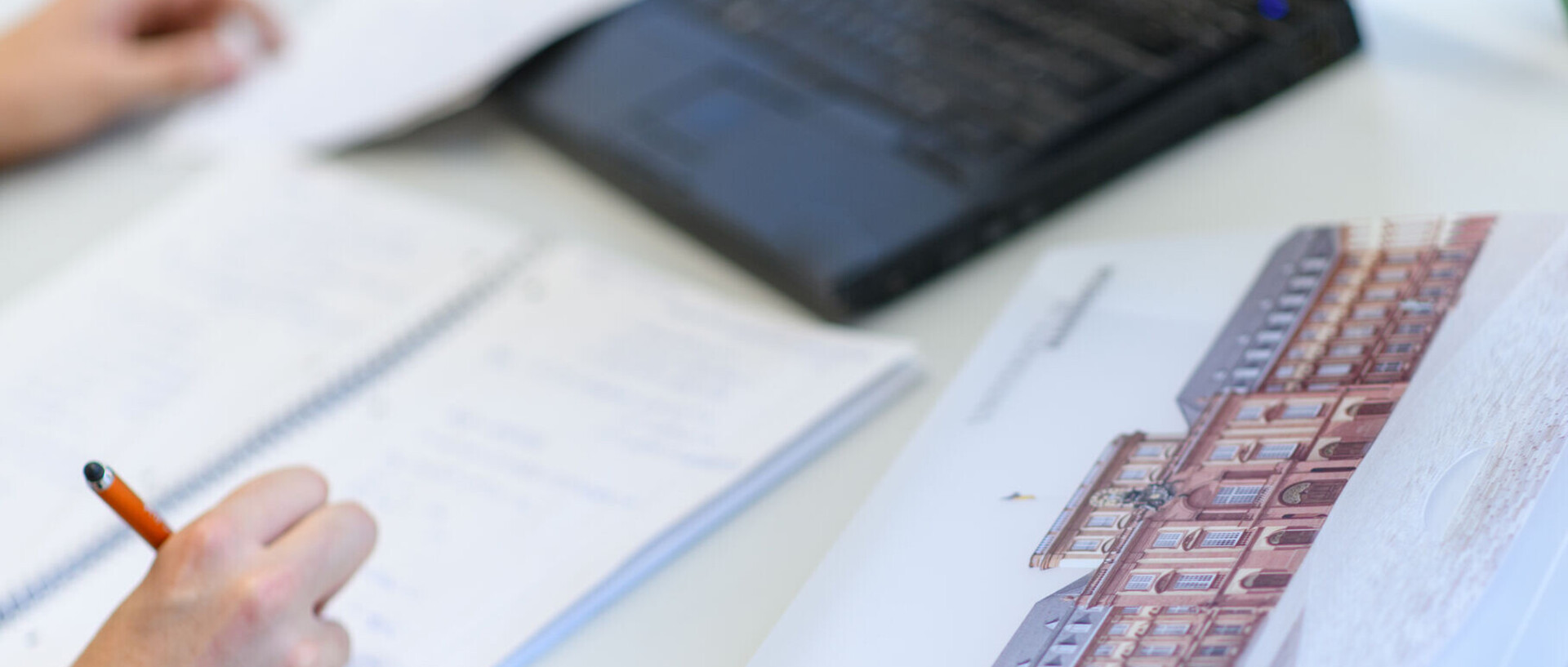The PePP project
Digital examinations at the University of Mannheim
The Digital Examinations team will be happy to provide you with all the information you need about digital examinations at the University of Mannheim. Learn more on our website or contact us directly.
Project description
As part of the"Partnership for innovative digital examinations. Project network of Baden-Württemberg universities (Partnerschaft für innovative E-Prüfungen: Projektverbund der baden-württembergischen Universitäten (PePP))”, which ran until July 2024, an interdisciplinary team from the University of Mannheim developed innovative solutions for digital examinations.
Digital examinations have become increasingly relevant during the coronavirus pandemic and were at times the only option for conducting university examinations. The project has been able to transfer successful approaches into sustainable solutions.
Digital examinations during the project period
As part of PePP, the University of Mannheim was involved in the following measures:
Living laboratories for innovative solutions for digital examinations:
Living lab 1: Flexible computer labs for examinations and remote exam scenarios
bwLehrpool is an open source solution developed at the University of Freiburg with funding from the Land of Baden-Württemberg for the flexible use of computing labs at higher education institutions. The system already makes it possible to convert existing computer labs into secured examination environments and manage them as such, in addition to using them for exercises and free work phases.
As part of “PePP”, bwLehrpool was expanded as a basic examination system and successfully implemented at the University of Mannheim. As of the fall semester 2024, the University of Mannheim will continue to implement digital examinations in the university’s computer labs.
Living lab 2: Mobile end devices for use in examinations
The use of mobile end devices in regular lecture halls and the possibility of online remote examinations promise a high degree of flexibility, especially for universities that do not have sufficiently large computing labs for conducting digital examinations. As part of PePP, we tested flexible solutions for conducting digital examinations with mobile end devices in person and on campus as well as from home.
- Chromebooks: At some universities, Chromebooks have proven to be a cost-effective and low-maintenance solution for use as mobile end devices in examination scenarios.
- Bring-Your-Own-Device (BYOD): Some universities have implemented flexible examination scenarios with student-owned devices (BYOD) in the lecture hall (on campus) or from home (remote).
In the live laboratory 2, the University of Mannheim was involved in creating requirement profiles and developing various scenarios. As of the fall semester 2024, the University of Mannheim will permanently offer digital examinations in the BYOD format (primarily on campus).
Cross-sectional cluster: “Qualification & Learning Analytics”
Cross-sectional cluster 1: Training and advice on the didactic principles of digital examinations
The measures in this cross-sectional cluster were aimed at supporting teaching staff in the didactic design and development of digital examinations to guarantee competence orientation and quality assurance and to be able to make full use of the didactic potential.
Contact: Anne Scheuing
Cross-sectional cluster 2: Technical-didactic application scenarios for innovative digital examinations
The aim of this cross-sectional cluster was to impart application-oriented technical and didactic knowledge to create feasible examination formats.
Contact: Svenja Böhn
Cross-sectional cluster 3: Learning analytics: Automated feedback in digital examinations
By using learning analytics as a process supported by data and models, feedback for students and teachers is much more informative. Feedback is a central component of competence-oriented teaching, because students need to know what they can already do and what they cannot (yet) do. In the same way, teachers need to know what they are teaching and examining. The performance data from digital examinations was prepared in such a way that, in addition to the numerical feedback, an individual, meaningful verbal description of the competences that were achieved or were not achieved is provided.
Contact: Joana Heil
You can find an overview of PePP here: https://www.hnd-bw.de/projekte/pepp/

Dr. Svenja Böhn (she/her)
Teaching and Learning Center
Schloss – Raum ZEO 095
68161 Mannheim

Joana Heil, M.Sc.
Area of Economic and Business Education – Learning, Design & Technology
L 4, 1 – Room 403
68161 Mannheim
By appointment

Anne Scheuing, M.A. (she/her)
Teaching and Learning Center
Schloss – Room ZEO 095
68161 Mannheim
donnerstags von 9:30–10:30 per Teams, Telefon oder nach Vorabanmeldung gerne auch vor Ort
